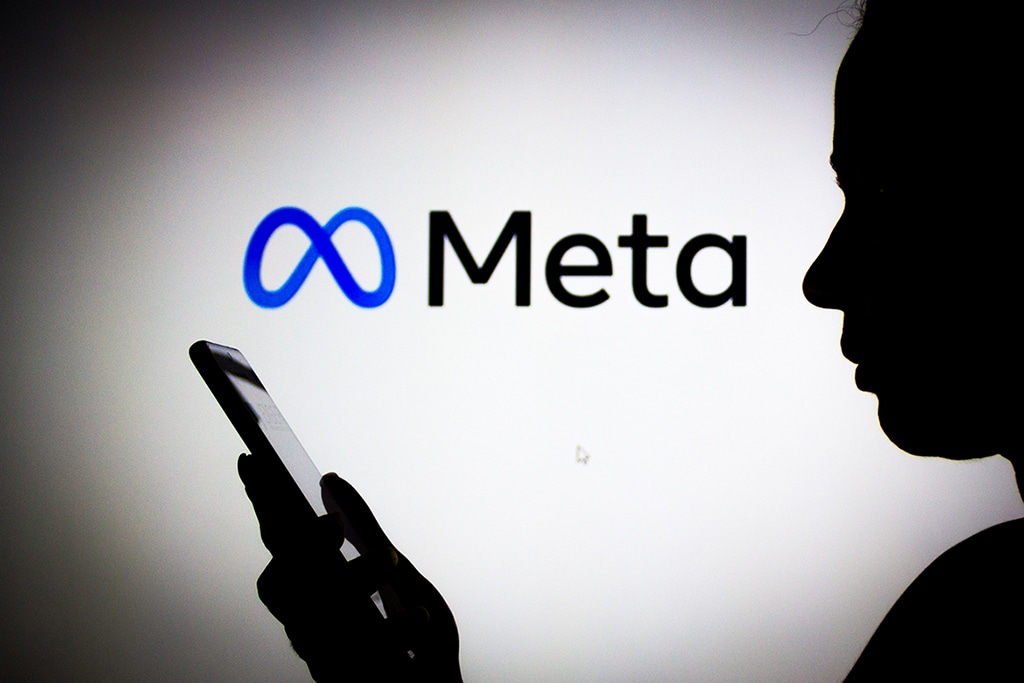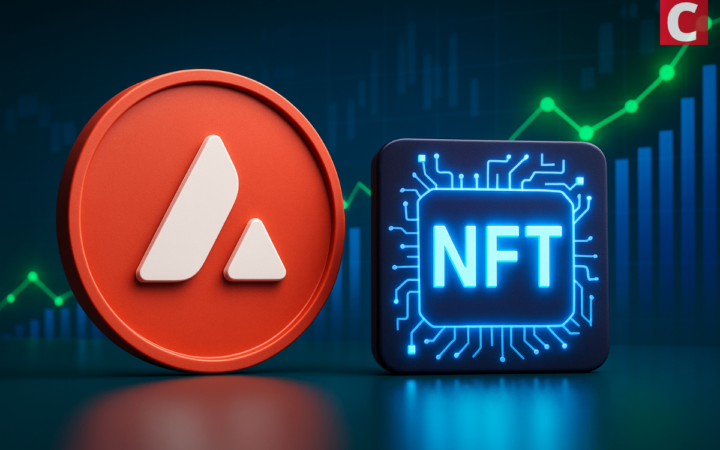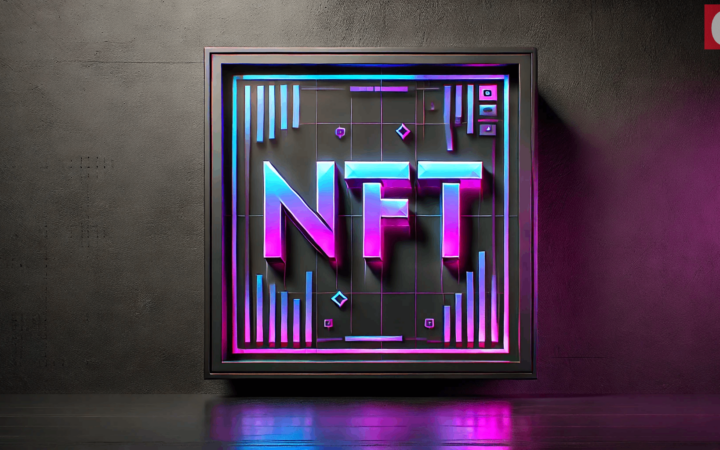
Darya is a crypto enthusiast who strongly believes in the future of blockchain. Being a hospitality professional, she is interested in finding the ways blockchain can change different industries and bring our life to a different level.
Meta believed that Web3 would positively enhance the economic model for creators by “giving them the ability to create new types of digital assets to monetize”.
 Edited by Julia Sakovich
Updated
3 mins read
Edited by Julia Sakovich
Updated
3 mins read

Meta Platforms Inc (NASDAQ: META) has announced its decision to end support for non-fungible tokens (NFTs) on its Facebook and Instagram networks, less than a year after launching the NFT-related features. The company’s Head of Commerce and Financial Services Stephane Kasriel shared the news on Twitter.
Some product news: across the company, we're looking closely at what we prioritize to increase our focus. We’re winding down digital collectibles (NFTs) for now to focus on other ways to support creators, people, and businesses. 🧵[1/5]
— Stephane Kasriel (@skasriel) March 13, 2023
As Kasriel has explained, it is still early for Meta to get deep into the NFTs market. Therefore, Meta will focus on areas where it can make an impact “at scale.” In particular, these areas include financial tools, such as Meta Pay – a seamless and secure way to make payments on Facebook, Messenger, Instagram, and in participating online stores.
Kasriel stated:
“Creating opportunities for creators and businesses to connect with their fans and monetise remains a priority, and we’re going to focus on areas where we can make impact at scale, such as messaging and monetisation opps for Reels. And we’ll continue investing in fintech tools that people and businesses will need for the future. We’re streamlining payments w/ Meta Pay, making checkout and payouts easier, and investing in messaging payments across Meta.”
Meta first announced support for NFTs on Instagram and Facebook back in May 2022, allowing creators to come up with their own digital collectibles and sell them directly to fans on Instagram. Further, in November 2022, Meta expanded this support, adding new features to enhance the experience for creators using both platforms. This included updates on NFT, Instagram subscriptions, and Facebook Stars. Besides, Meta added tools that allow creators to mint, showcase, and sell digital collections powered by NFTs.
At that time, Meta believed that Web3 would positively enhance the economic model for creators by “giving them the ability to create new types of digital assets to monetize.” The company still thinks so, but its decision to stop working in this direction has resulted from challenges it faced at the end of 2022.
In late 2022, Meta faced a lot of financial issues. According to its annual financial report for the last year, the company lost as much as $14 billion for the metaverse alone. As a result, the company had to find ways to cut its costs, and one of the decisions taken was to downsize its global staff force by 13%, which affected around 11,000 employees. Notably, the layoffs were a record high for the tech giant and impacted numerous departments, with business and recruiting teams the worst hit.
Further, in February this year, Meta revealed that additional layoffs might take place as a result of a lack of clarity regarding budgets and the company’s future headcount.
Since Facebook officially became Meta Platforms back in October 2021, the company has lost more than two-thirds of its stock market value. In 2022, Meta was officially the worst-performing company on the S&P 500 index. Its problems are attributed to numerous factors that caused a crisis within the company, including soaring metaverse costs, a struggling economy, increased competition from TikTok and Apple’s privacy update, and limiting ad targeting.
Recently, Meta declared 2023 as the “Year of Efficiency.” The company’s aim now is to become a stronger and more agile organization, increase its efficiency, and focus on projects that benefit its business.
Disclaimer: Coinspeaker is committed to providing unbiased and transparent reporting. This article aims to deliver accurate and timely information but should not be taken as financial or investment advice. Since market conditions can change rapidly, we encourage you to verify information on your own and consult with a professional before making any decisions based on this content.

Darya is a crypto enthusiast who strongly believes in the future of blockchain. Being a hospitality professional, she is interested in finding the ways blockchain can change different industries and bring our life to a different level.




